Experts say expanding U.S. presence in Philippines may spark regional tension
While the United States launched its largest combat exercise in the Philippines to date, international relations experts are warning against expanding U.S. military presence and drills that worsen regional tension and may pull the Southeast Asian country into some conflict.
In an online forum held on Tuesday by the University of the Philippines Asian Center, experts have said that the Philippine government needs to review its Enhanced Defense Cooperation Agreement, or EDCA, with the U.S. and to ensure that Philippine territory won't be used as a site to store U.S. nuclear weapons.
More than 12,000 U.S. military personnel have arrived in the Philippines for the annual drills. More known as "Balikatan", or shoulder-to-shoulder in Filipino tongue, this is the 38th iteration of the exercise and will run until April 28. Philippine officials said that the expanded military alliance will not be used for offensive action.
Hundreds of protesters held a "lightning rally" early on Tuesday, a few hours before the official start of the exercise. The students urged the Philippine government to trash the military agreements with the United States, Xinhua News Agency reported.
EDCA is the "basis of (Philippine) insecurity, not security. It brings to us destabilization," said Herman Tiu Laurel, president of the Asian Century Philippines Strategic Studies.
"We're not saying that (the U.S.) is not welcome here," Laurel said, noting that it's the presence of the U.S. military warships that is the problem. He said the Philippines can help in preventing a U.S.-led war in the region which can serve as a "pivotal factor" in promoting peace and development in the succeeding years.
Henelito Sevilla Jr, dean of the Asian Center, said the Philippines' strategic location, as a key maritime route in the Asia-Pacific, has put the country in "a very difficult situation", especially in light of China's rise and the U.S.' increasing presence in the region.
Melissa Loja, a senior research fellow at the Integrated Development Studies Institute and an expert on international law, said that the EDCA has created a "security dilemma" for the Philippines. She said under the agreement, the U.S. can preposition even nuclear weapons in the Philippines and the Philippines has no right to inspect the positioning of these weapons. Loja said that much of the debate on the EDCA has focused on the location of Philippine military facilities that the U.S. has access to. But she noted that these locations are "irrelevant".
"The same threat to our country would still exist, because the U.S. can preposition weapons in (any location) and attract a counterstrike (or instigate a) preemptive strike from any of the elements of the United States," Loja said.
Under this scenario, Loja said that the presence of U.S. military weapons means the Philippines can no longer be considered a "neutral state" and will become a legitimate target in an international conflict.
"The best way for the Philippines to evade such fate is to preempt the situation by undertaking the inspection" of the military facilities, she said. But since that's not allowed under the EDCA, Loja said that the Philippines should continue to participate in talks with China and fellow members of the Association of Southeast Asian Nations in establishing a Code of Conduct in the South China Sea.
Changing landscape
The changing geopolitical landscape and regional security architecture in the Asia-Pacific region has led to the signing of EDCA in 2014, according to Chester Cabalza, founder and president of the Manila-based think tank International Development and Security Cooperation.
Cabalza said the Philippines is now a "middle power" amid the competition between China and the U.S.. He said as a middle power, the Philippines can serve as a "bridge builder". "The middle power role works best in the ambiguity of great power politics," he said, citing the evolving nature of Philippine foreign policy.
Henry Chan, visiting senior fellow at the Cambodian Institute for Cooperation and Peace, said the group members "don't want militarization of the region". He said ASEAN countries want a stable international environment and economic development.








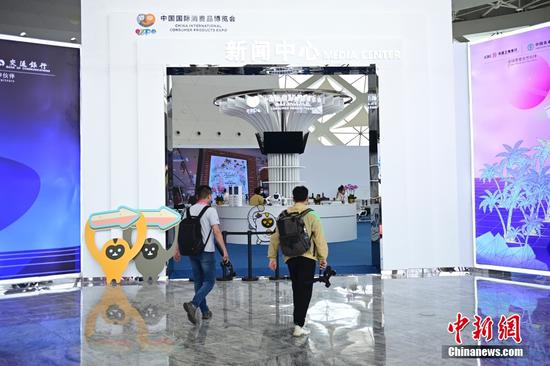
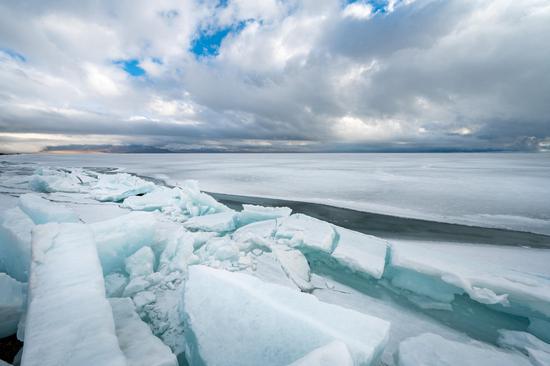
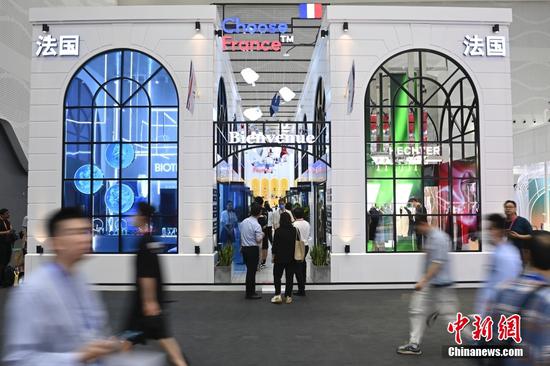


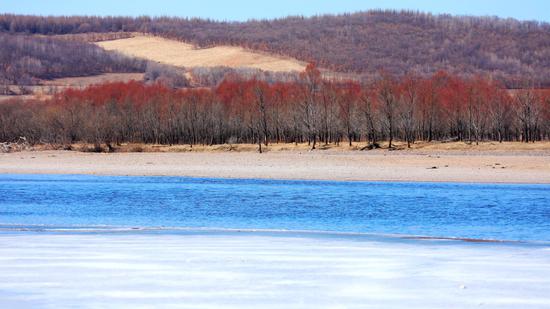
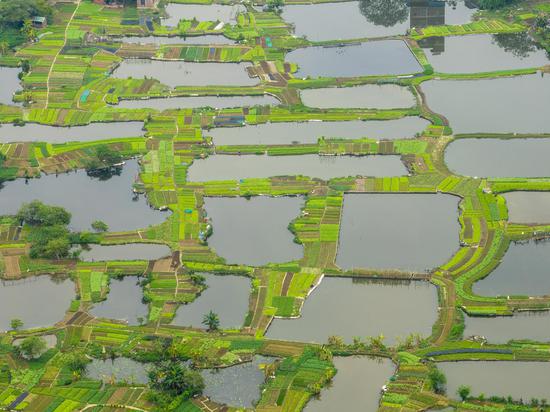
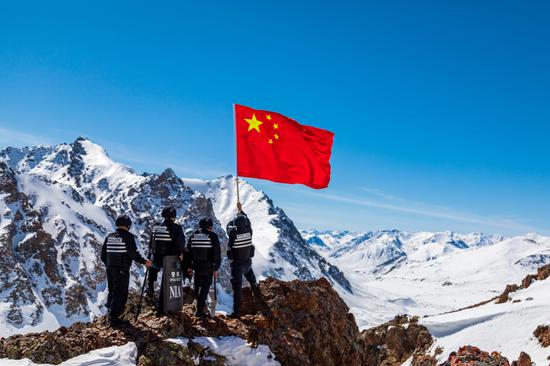

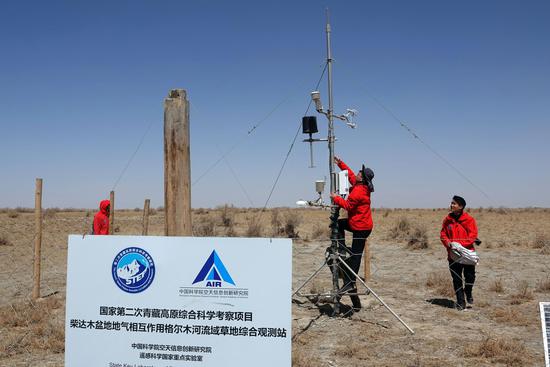
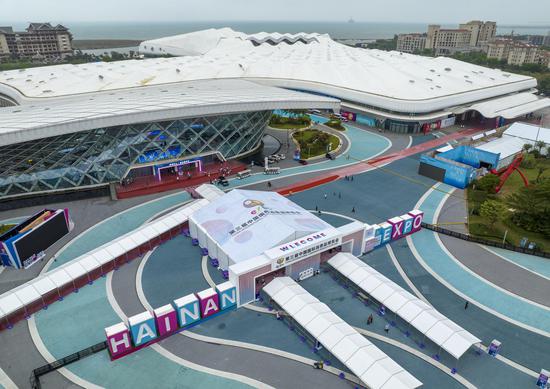


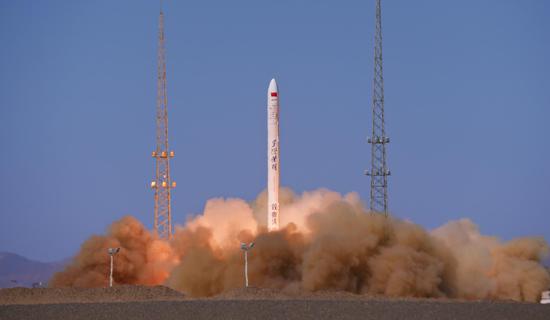
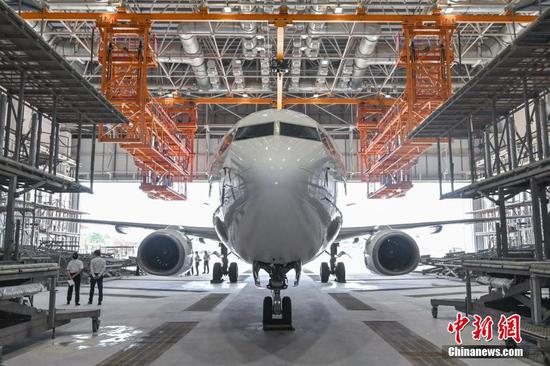
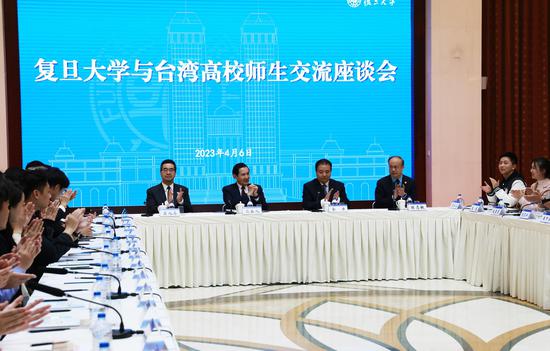
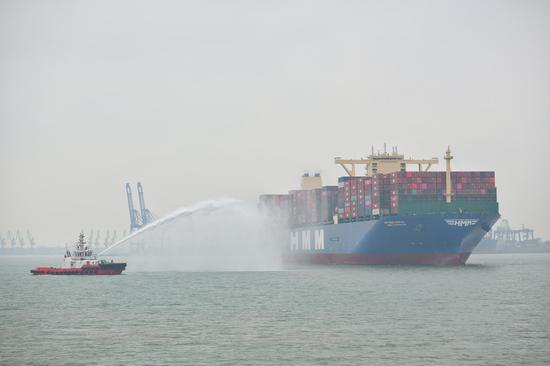
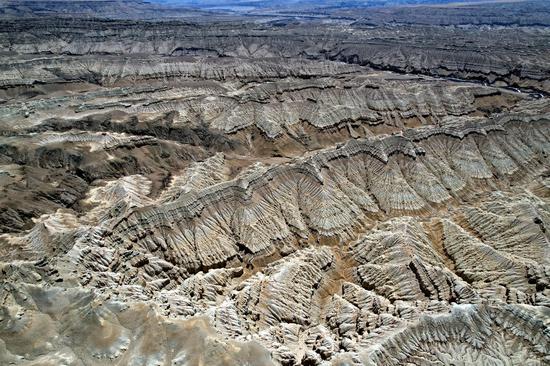
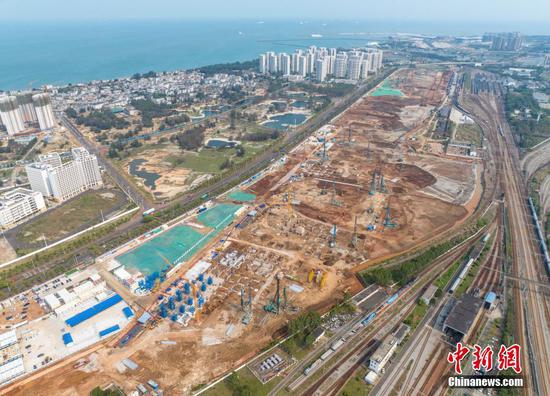
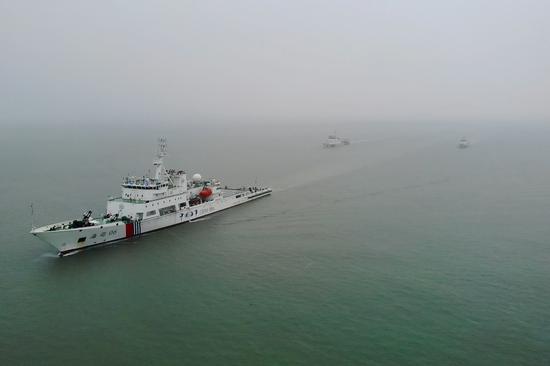
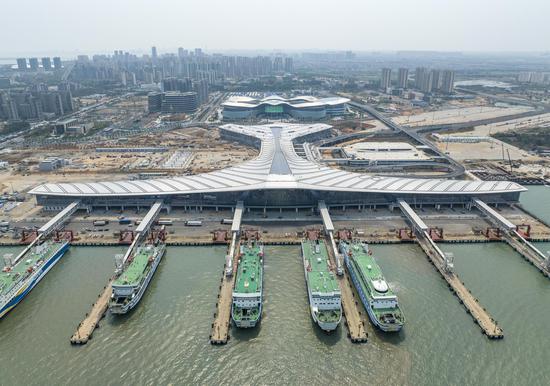
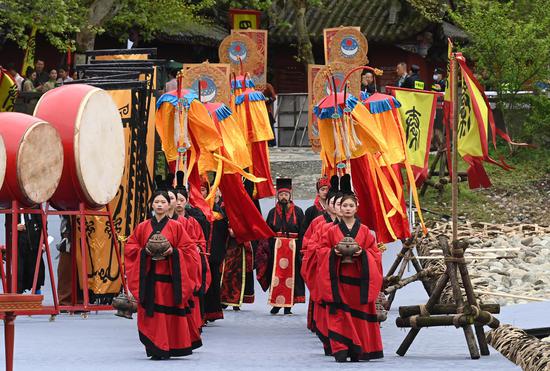
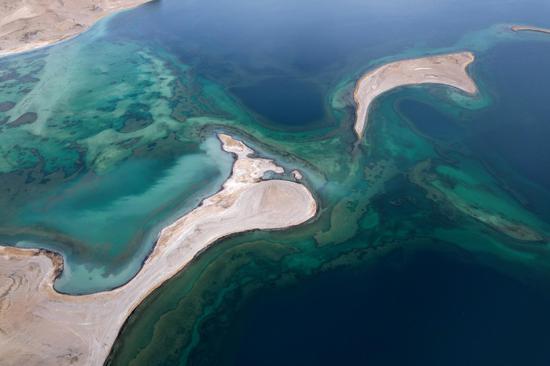

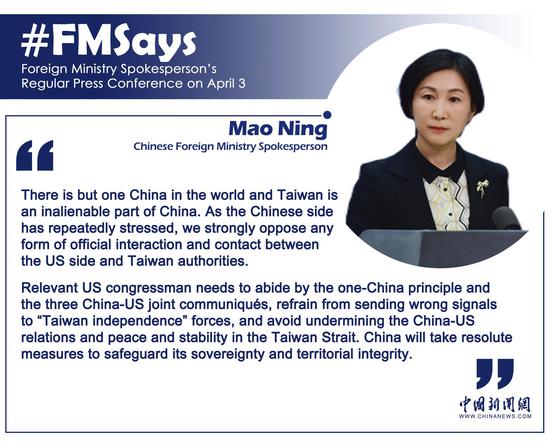
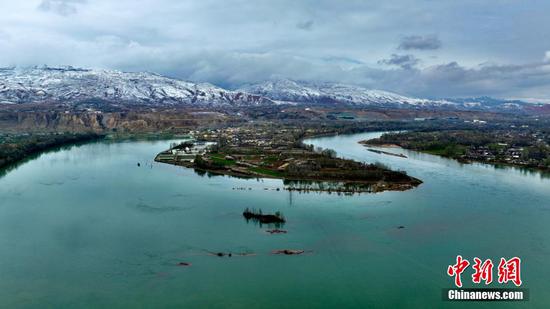
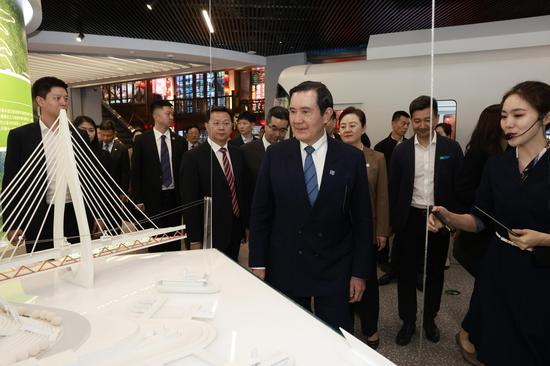
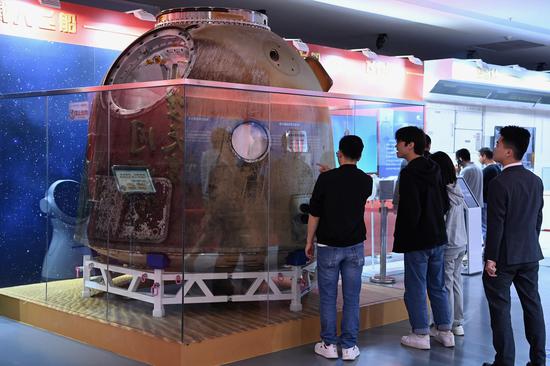

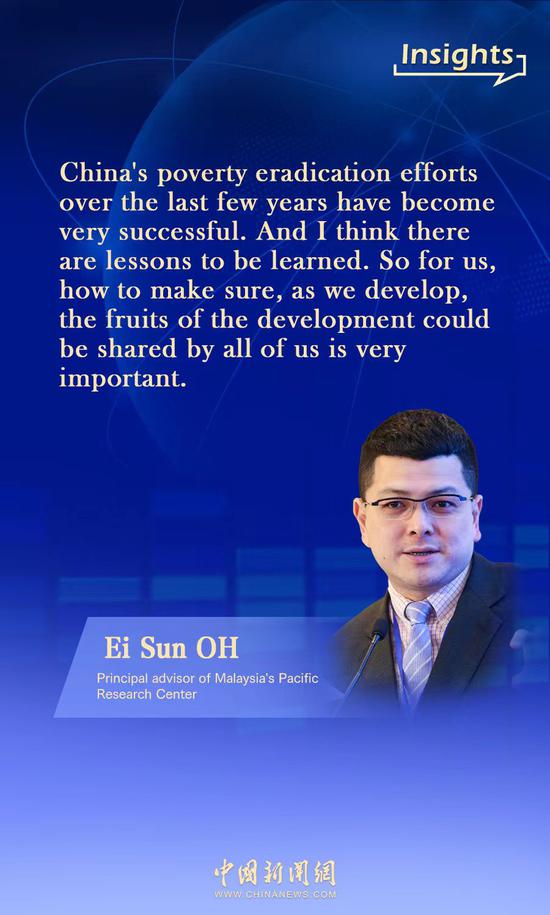
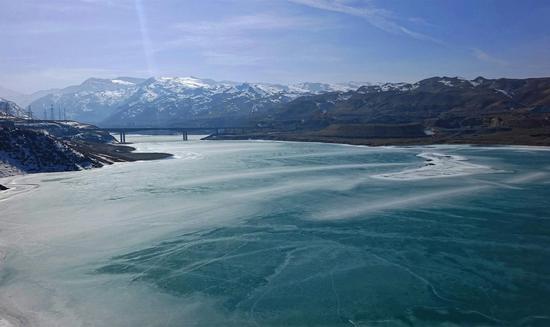
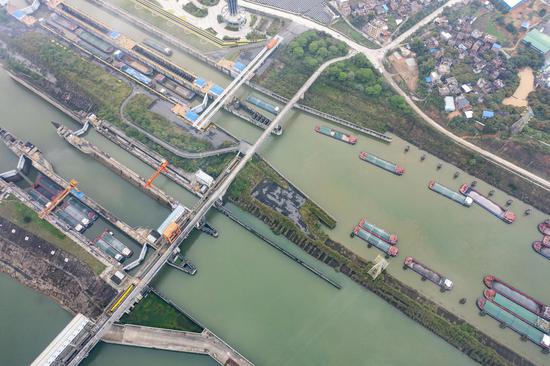
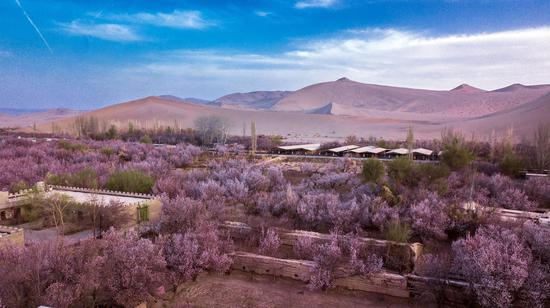
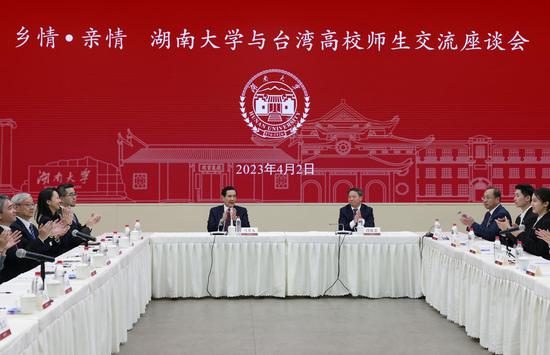
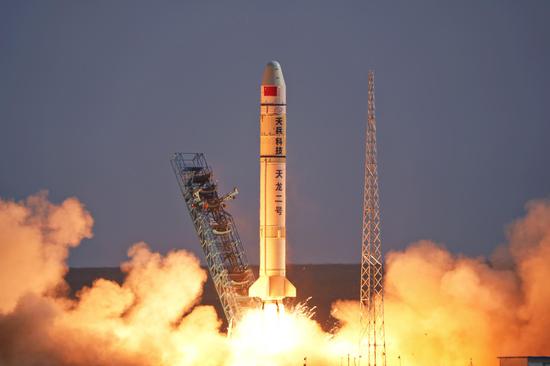
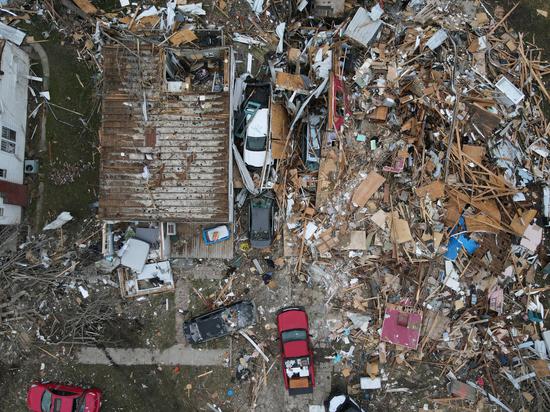
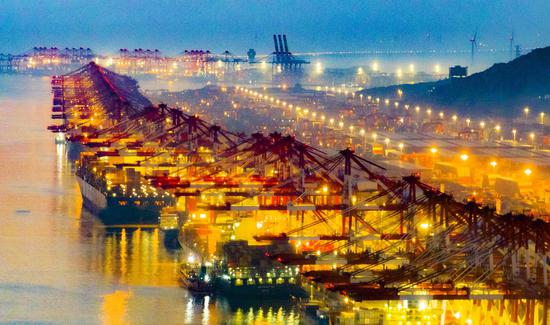





 京公網安備 11010202009201號
京公網安備 11010202009201號